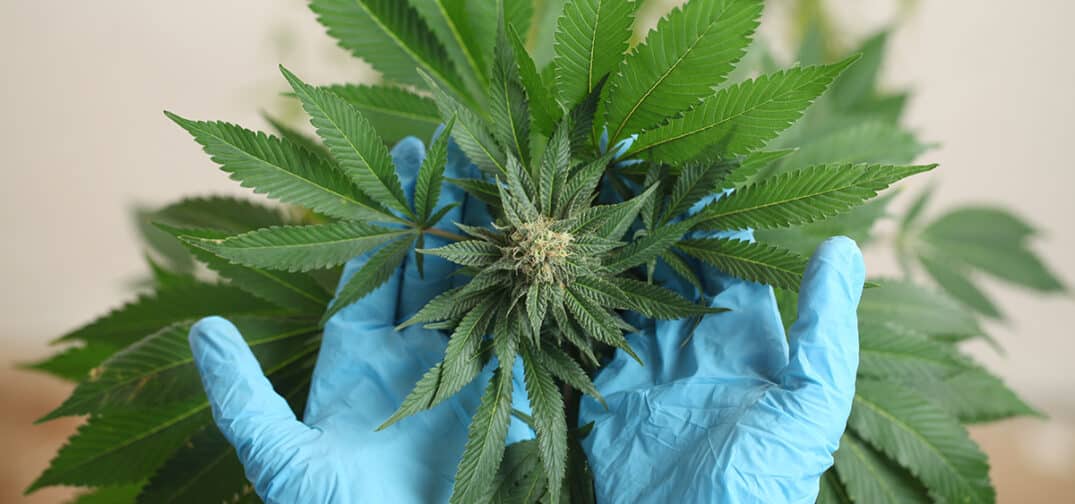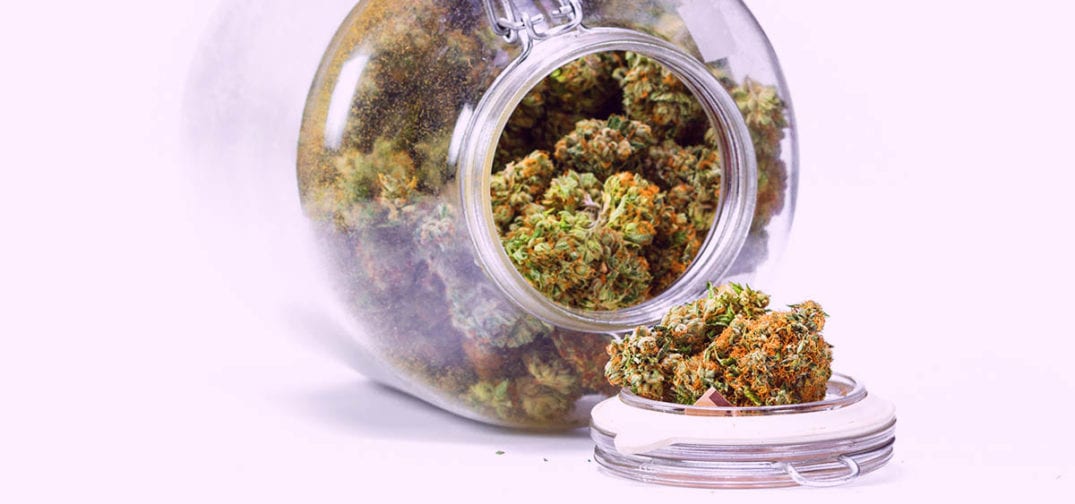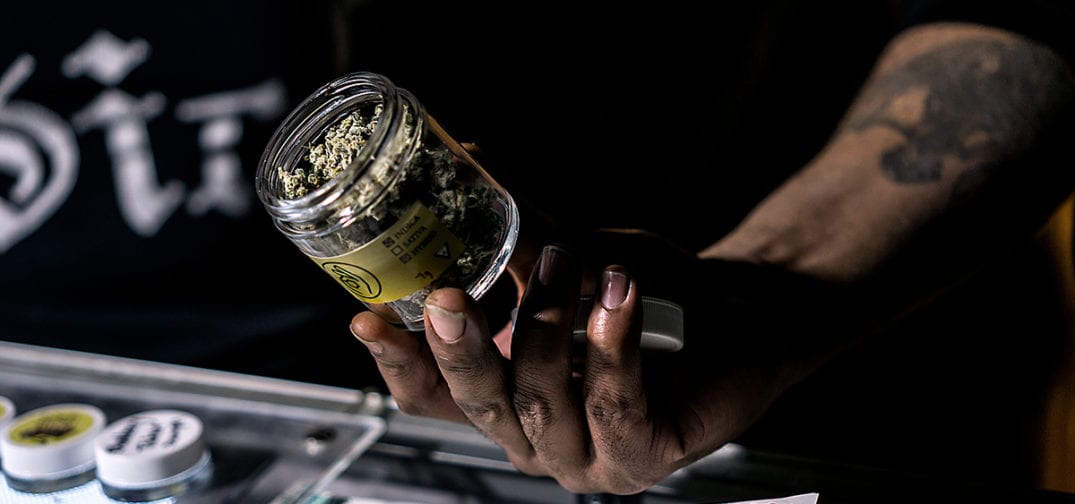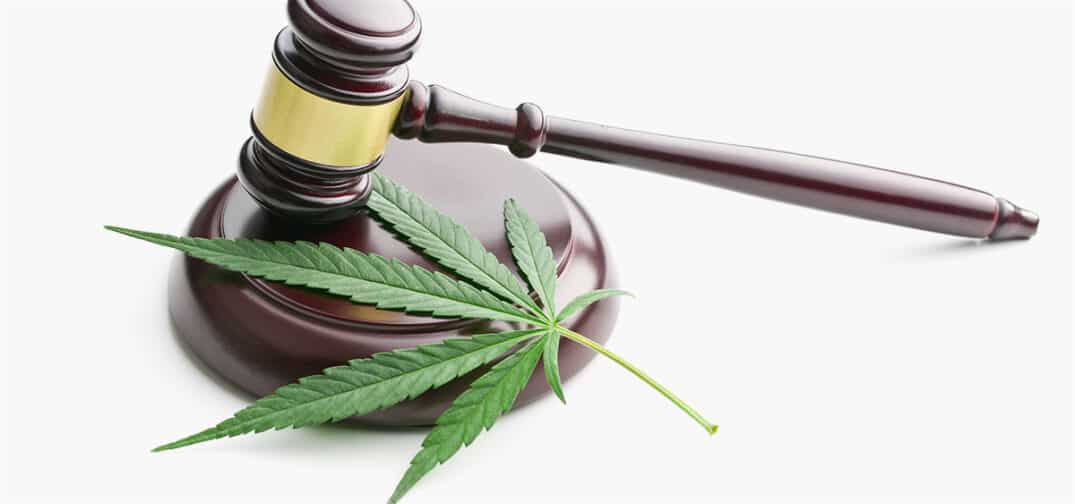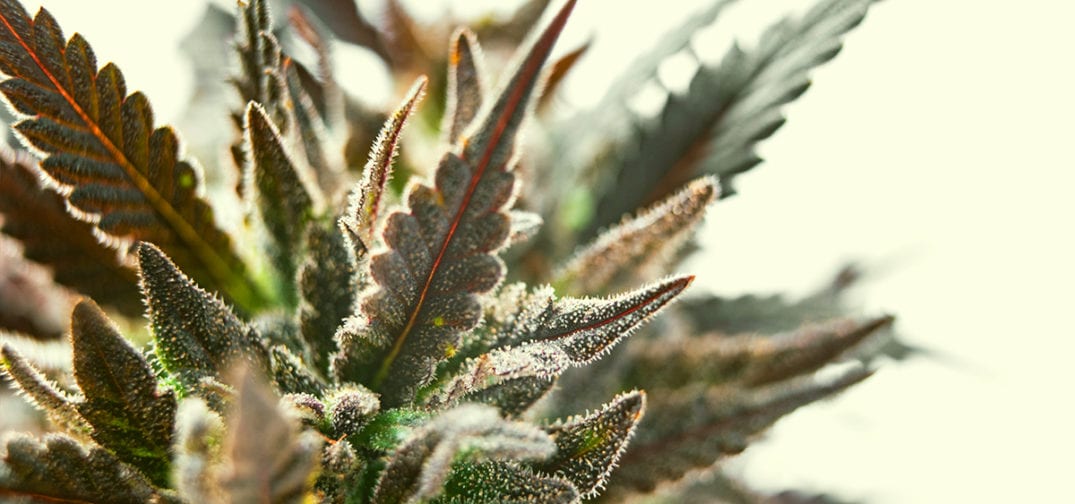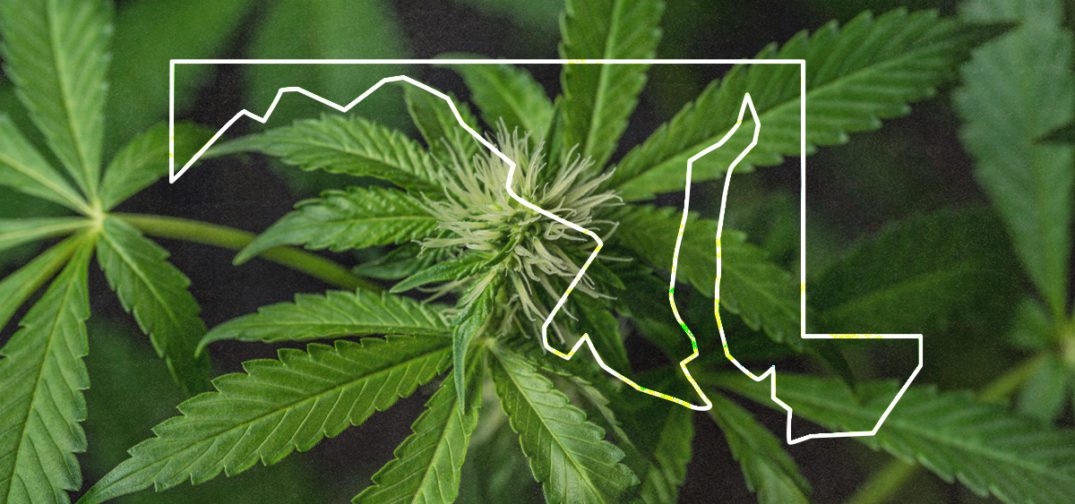Georgia cannabis regulators are issuing the state’s final medical cannabis licenses after a more than two-year legal fight, the Valdosta Daily Times reports. The Georgia Access to Medical Cannabis Commission (GMCC) had been unable to issue its Class II production licenses amid lawsuits from unsuccessful applicants but a recent Georgia Court of Appeals ruling against some of those applicants is allowing the commission to move forward.
The state’s medical cannabis law allowed for two Class I licenses and four Class II licenses and the state had received about 70 applications. In July 2021, the GMCC awarded the Class I licenses to Trulieve GA and Botanical Sciences LLC Class I licenses; however, due to pending lawsuits from Class II applicants, the commission had not issued the licenses to the chosen candidates: FFD GA Holdings LLC, TheraTrue Georgia LLC, Natures GA LLC, and Treevana Remedy Inc.
GMCC voted on November 15 to provisionally issue those licenses.
GMCC Chair Sid Johnson told the Daily Times that “the commission has determined that the issuance of these provisional awards furthers the objectives and purposes of the Hope Act, providing patients with meaningful opportunities to locally access low THC oil and products as recommended and approved by their physicians for medical treatment and medical relief.”
Under the state medical cannabis law, there are nearly 20 conditions to qualify patients for the medical cannabis program.
End
